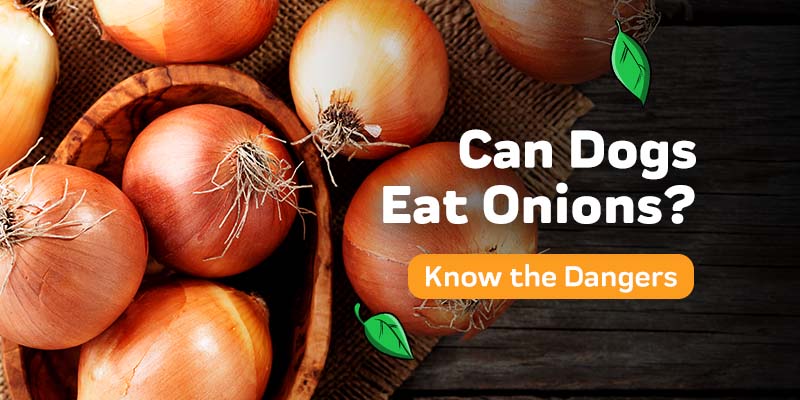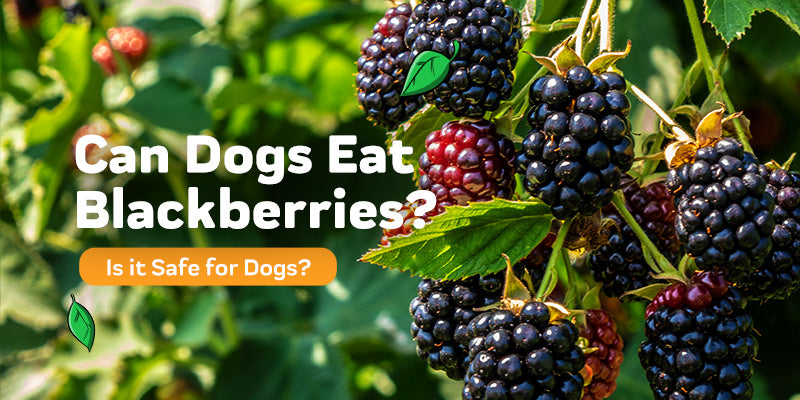If you've ever been curious if it's safe to give your dog rice, you're not alone. Rice is a popular food for both people and dogs, but is it okay to share? In this post, we'll take a look at whether or not rice is safe for dogs and offer some tips on how to cook it properly.

Can Dogs Eat Rice?
Can dogs eat rice? The answer is yes. Rice is a popular food around the world, and it's also an ingredient sometimes found in commercial dog foods, even. Rice is a good source of carbohydrates and provides dogs with energy. It's also a good source of vitamins and minerals, including vitamin B6, niacin, and thiamine. Rice is easy to digest and can be used even as a helpful food for dogs who are recovering from an illness or who have a sensitive stomach.
Which Rice Can My Dog Eat?
There are many different types of rice, and each has its own benefits and drawbacks. For example, white rice is the most common type of rice, but it is also the least nutritious. Brown rice is more nutritious than white rice, but it can be harder for dogs to digest. Dogs can eat both white and brown rice.

So, which type of rice is best for dogs? It really depends on your dog's individual needs. If your dog is healthy and active, then either type of rice will be fine. If your dog is suffering from a bad tummy, white rice is the right choice, as your dog needs starch. However, if your dog has other health issues or is a senior citizen, then brown rice may be the better choice.
If your dog is suffering from an upset stomach, you can also consider giving a Probiotic Chews for your dog. By aiding in the digestion of food, these chews can help your dog absorb more nutrients and lead to a healthier overall digestive system. In addition, the probiotics in these chews can help to promote a healthy immune system. You can purchase Probiotic Chews by clicking here
Precautions to Give Rice to Your Dog
If you're feeding your dog rice - especially white rice -, be aware that it is a high glycemic food. This means that it can cause spikes in blood sugar levels, which can be dangerous for your dog, particularly for dogs who suffer from diabetes.
One of the key things to remember when feeding your dog rice is not to overdo it. Too many carbohydrates can lead to weight gain, so it's important to keep an eye on how much you're giving them. Stick to the recommended portion size and avoid giving them too much rice at each meal.
If you're looking to add some rice to your pup's diet, boiling it in water is the way to go. Be sure not to add any seasonings or spices, as these can be harmful to your furry friend. Cooking the rice plain will allow your pup to enjoy all the benefits that this healthy grain has to offer!
Conclusion
So, can dogs eat rice? The answer is yes! Rice is a safe and healthy food for dogs to eat in moderation. It’s a good source of carbohydrates and provides some essential vitamins and minerals. However, too much rice can lead to weight gain in dogs, so be sure to feed your pup only the recommended serving size. If you have any other questions about what foods are safe or unsafe for your dog, be sure to check out our blog at innovetpet.com for more helpful tips!

















